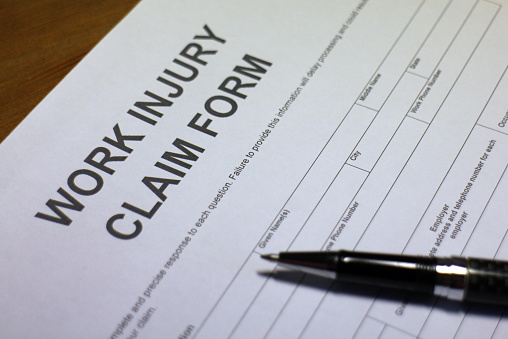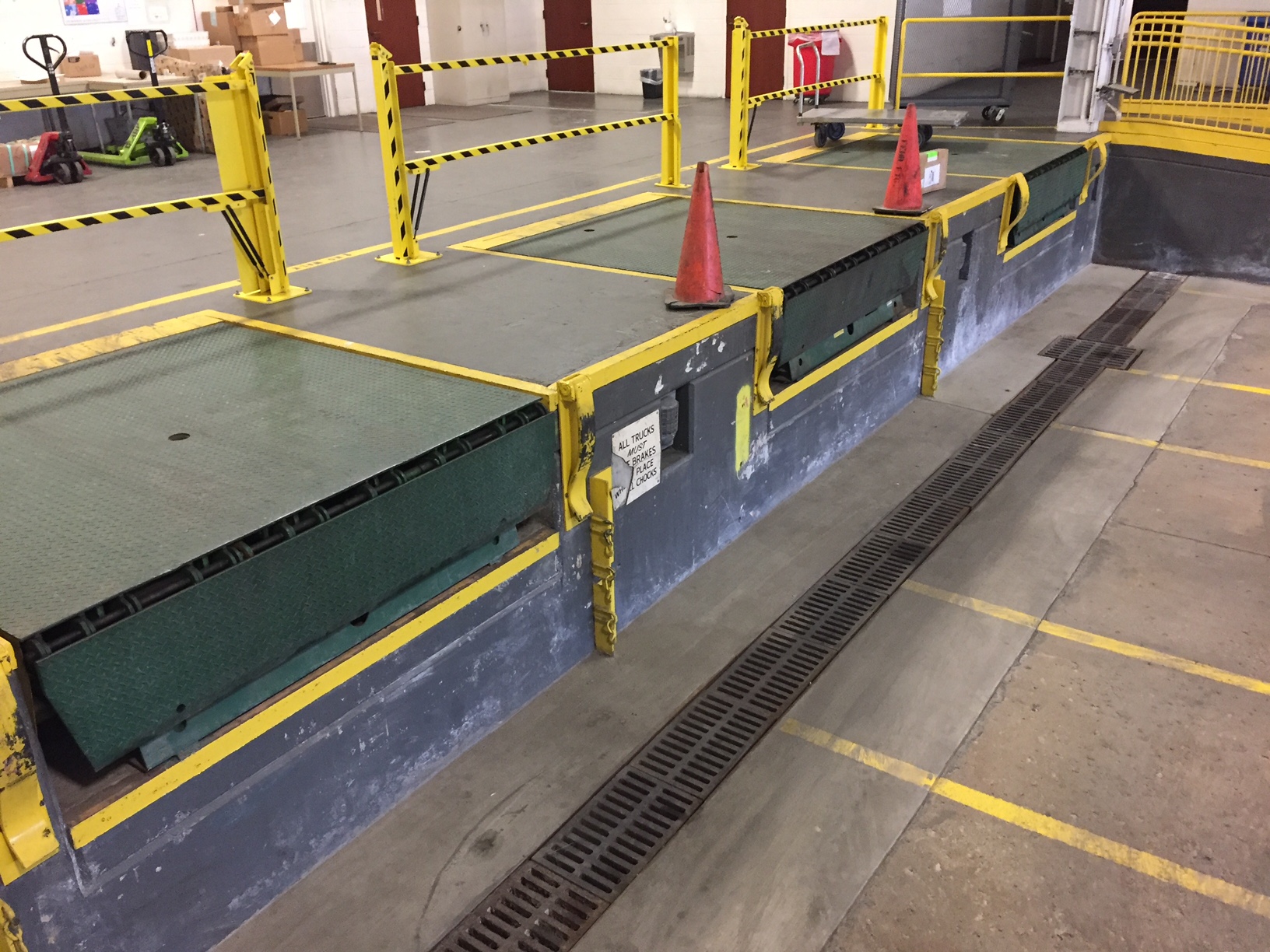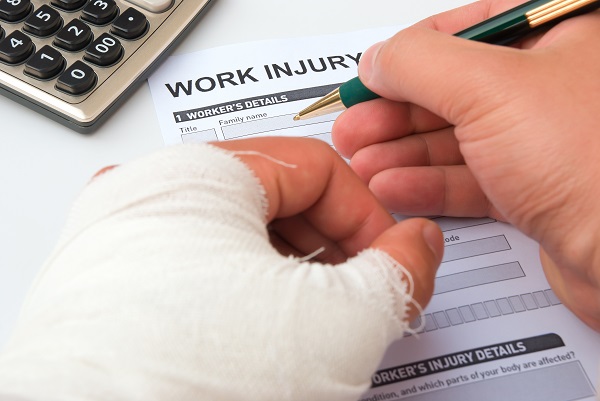Heat Stress Can Cause Work-Related Injuries, Fatalities
Severe heat frequently leads to work-related injuries and even fatalities, as highlighted in a recent study. That’s why if you work in extreme heat, it’s crucial to prioritize your safety and well-being. Be aware of the risks associated with heat stress and take appropriate precautions.
Employers also need to recognize the need for preventive measures and safety protocols to ensure the well-being of laborers across various industries. Despite being preventable, heat-related illnesses still affect thousands of workers annually, with some instances resulting in fatal outcomes, as noted by the Occupational Safety & Health Administration (OSHA).
Extreme heat puts workers at risk
A recent study shed light on the dangers associated with work-related heat stress injuries across the nation. The study emphasized that laborers, often involved in strenuous physical tasks for extended hours, face heightened vulnerability to exertional injuries and illnesses.
Surprisingly, no previous studies have comprehensively investigated the primary causes behind catastrophic exertional injuries and fatalities within this demographic.
Every year, a substantial number of workers suffer severe injuries, illnesses, or even death due to the effects of extreme heat in the workplace. In 2021 alone, the U.S. Bureau of Labor Statistics (BLS) reported a total of 36 deaths nationwide attributed to environmental heat exposure during work.
Researchers delving into the subject unveiled a significant finding: an overwhelming 91.9 percent of workplace injuries categorized as “exertion-related” were linked to extreme heat conditions.
Common heat stress injuries
Exposure to extreme heat can result in a range of work-related injuries and illnesses. The Centers for Disease Control and Prevention (CDC) has identified several common heat-related conditions, including:
- Heat stroke: Heat stroke is a severe condition that occurs when the body’s temperature regulation system fails, leading to a dangerously high body temperature. It can result in confusion, loss of consciousness, and even organ damage if not treated promptly.
- Heat exhaustion: Heat exhaustion is characterized by heavy sweating, weakness, nausea, and dizziness. It often arises due to dehydration and can progress to heat stroke if not addressed by cooling the body and rehydration.
- Heat cramps: Heat cramps are painful muscle contractions caused by electrolyte imbalances due to sweating. They are usually experienced in muscles that are being heavily used during physical labor.
- Heat rashes: Heat rashes, also known as prickly heat, occur when sweat becomes trapped in sweat ducts, leading to red, itchy skin. They are particularly common in areas where clothing creates friction on the skin.
- Cardiac arrest (heart attack): Prolonged exposure to extreme heat can strain the cardiovascular system, potentially triggering a cardiac arrest or heart attack, especially in individuals with preexisting heart conditions.
- Burn-related injuries: When workers come into contact with extremely hot surfaces, they can suffer burn injuries. These burns can range from mild to severe and may require medical attention depending on their extent.
Occupations most at risk
Heat-related injuries and illnesses can affect many workers, but certain professions are particularly vulnerable to heat stress due to the nature of their work and environments. These include:
- Construction workers: Construction workers often perform physically demanding tasks in outdoor environments, exposed to direct sunlight and high temperatures. Wearing heavy protective gear and engaging in strenuous labor can increase the risk of heat-related issues.
- Excavation workers: Excavation workers who dig and manipulate the earth’s surface are exposed to both the sun’s rays and the heat reflected from the ground. The confined spaces they often work in can further exacerbate the heat stress.
- Farm workers: Agricultural laborers work long hours in the fields, often during the hottest parts of the day. The combination of physical exertion, exposure to the sun, and limited access to shade can make them susceptible to heat-related illnesses.
- Firefighters: Firefighters operate in high-temperature environments due to flames and equipment, wearing heavy protective gear that limits heat dissipation. Their physically demanding work can quickly lead to heat exhaustion or worse if not managed carefully.
- Kitchen workers: Kitchen workers spend their days near ovens and stoves, creating a high-heat work environment. The constant exposure to hot surfaces and confined spaces can contribute to heat stress.
- Factory workers: Factory workers in facilities with poor ventilation or inadequate cooling systems can be at risk. Those operating machinery or working near heat-emitting equipment are particularly vulnerable to heat-related conditions.
- Miners: Miners work in underground or confined spaces, where temperatures can rise due to the lack of ventilation. The physically demanding nature of mining, combined with heat-trapping conditions, poses a significant risk of heat-related illnesses.
Preventing work-related heat stress
Some of the most effective strategies for employers to reduce the risk of heat-related injuries on the job include:
- Educate workers about heat-related illnesses: Ensure that all workers are well-versed in identifying the early signs of heat-related illnesses, such as heat exhaustion or heat stroke, so they can take immediate action.
- Implement frequent rest breaks: Encourage and schedule regular breaks during work in extreme heat, allowing employees to cool down and rehydrate. These intervals are essential for preventing overexertion and heat-related conditions.
- Promote adequate hydration: Stress the importance of drinking water regularly to prevent dehydration. Provide access to clean water and encourage workers to hydrate throughout their shifts.
- Adjust work schedules: Whenever possible, schedule outdoor tasks during cooler parts of the day, such as early mornings or late afternoons. This reduces exposure to peak heat levels and minimizes the risk of heat-related injuries.
- Consider hiring more workers: In situations where the workload is particularly strenuous or demanding, consider increasing the number of on-site workers. This can help distribute the workload and prevent individual workers from succumbing to heat exhaustion.
Workers’ compensation lawyers serving MA & RI
At the Law Offices of Deborah G. Kohl, we understand how heat stress injuries can negatively impact workers and their families. Our dedicated legal team is committed to advocating for the rights of those who have suffered harm from extreme heat conditions in the workplace. With our extensive knowledge and experience of the workers’ compensation system in Massachusetts and Rhode Island, we are here to provide the guidance and support you need to help you find your way forward.
If you sustained an injury while on the job, you may be eligible to receive workers’ compensation benefits, which can cover the cost of your medical care and a percentage of your lost wages. However, actually getting the benefits you deserve can sometimes be challenging. This is why it’s important to have an experienced workers’ compensation attorney to protect your rights and aggressively advocate for your best interests.
Learn more about how we can help you. Contact us and schedule a free case evaluation with a law firm you can count on when it matters most. We can review your case, explain your potential legal options, and get right to work.










